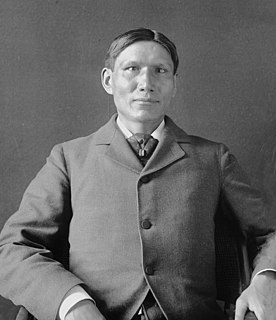A Quote by Logan Pearsall Smith
The truth is that the phenomena of artistic production are still so obscure, so baffling, we are still so far from an accurate scientific and psychological knowledge of their genesis or meaning, that we are forced to accept them as empirical facts; and empirical and non-explanatory names are the names that suit them best.
Related Quotes
Ecclesiastes names thee Almighty, the Maccabees name thee Creator, the Epistle to the Ephesians names thee Liberty, Baruch names thee Immensity, the Psalms name thee Wisdom and Truth, John names thee Light, the Book of Kings names thee Lord, Exodus names thee Providence, Leviticus Sanctity, Esdras Justice, creation names thee God, man names thee Father; but Solomon names thee Compassion, which is the most beautiful of all thy names.
A system is empirical or scientific only if it is capable of being tested by experience. These considerations suggest that not the verifiability but the falsifiability of a system is to be taken as a criterion of demarcation... It must be possible for an empirical or scientific system to be refuted by experience.
The indispensability argument says (roughly) that if you have ample reason to accept an empirical scientific theory that makes indispensable use of mathematics, and that theory entails that numbers exist, then you have ample reason to accept that numbers exist. The argument affirms the antecedent of this conditional, and concludes that you have ample reason to believe that numbers exist. What is striking about this argument is that it seems to show that the empirical reasons that suffice for accepting a scientific theory also suffice for accepting a metaphysical claim.
One advantage of exhibiting a hierarchy of systems in this way is that it gives us some idea of the present gaps in both theoretical and empirical knowledge. Adequate theoretical models extend up to about the fourth level, and not much beyond. Empirical knowledge is deficient at practically all levels.
Artistic truth is for me literally the highest truth: art may seize the essence of persons and movements no less truly, and certainly far more vitally, than a scientific generalization unifies a chaos of phenomena. Time and Space are only the conditions through which spiritual facts struggle. Hence I have here and there permitted myself liberties with these categories.
A lot of fantasy names are too much. They’re too difficult to pronounce. I wanted the flavour of medieval England. I took actual names we still use today, like ‘Robert’, and in some case I tweaked them a little bit. I made ‘Edward’ into ‘Eddard’. If you look back at medieval times, no one knew how to spell their own names. There are a lot of variations that we’ve lost.






































